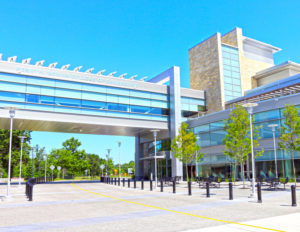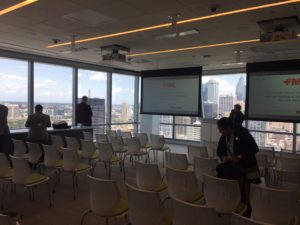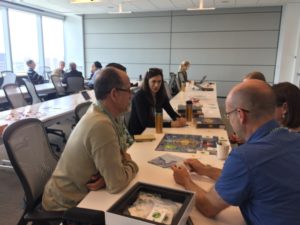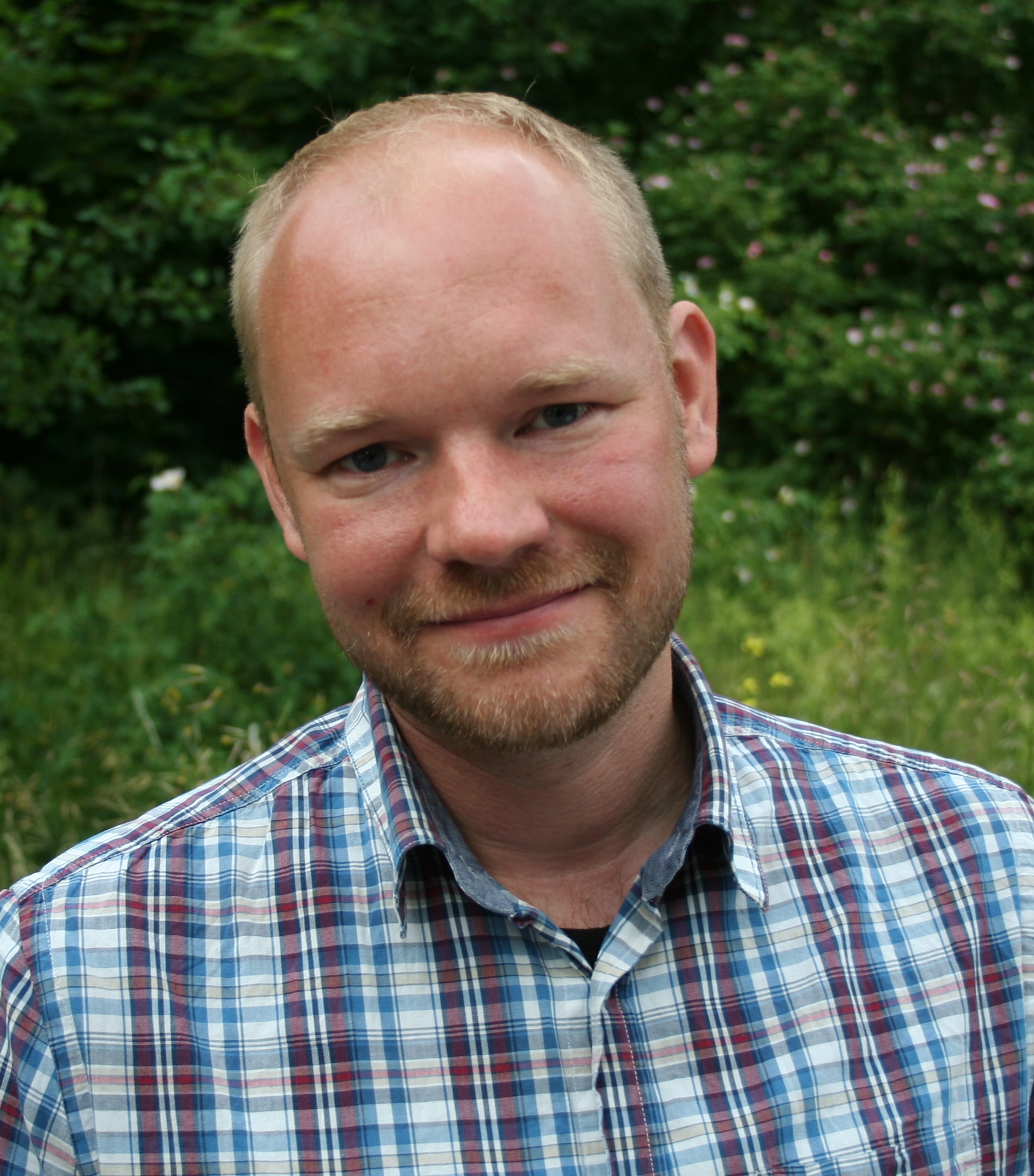Last week I attended the EESD18 conference in Engineering Education for Sustainable Development at Rowan University in Glassboro, New Jersey, USA. This was the ninth edition of the EESD conference series, and my own fourth time.

The theme for this year was Creating the Holistic Engineer – which focuses on the urgent need to start breaking the silos that we are currently working in at engineering institutions. We live in an increasingly complex world and we are at a critical juncture at which humanity must make some serious choices about the future. Engineers are indeed key players in the societal transitions that need to happen. Creating engineers with a holistic approach to complex problem management and who are able to negotiate sometimes opposing attitudes and viewpoints among stakeholders, will be one of the most challenging and most important changes to engineering education we have to make.
These were four days filled with interesting discussions and meetings with people that are totally dedicated to integrating sustainable development into engineering education.
On the opening session on Monday 4th June, Dr. Jordi Segalas gave a historical recap of how the EESD conference series have developed from the first edition of the conference held in Delft, The Netherlands, in 2002. The topics covered have changed somewhat throughout the years and pretty much followed societal trends and how the state of the art in sustainability has developed. The multi- and transdisciplinary characteristics of the subject have always been a strong ingredient in the conferences, and connect indeed with how to deal with complexity, different viewpoints and multiple stakeholders. Interesting trends that can be seen in the statistics are for example less emphasise on environmental and more on social issues; more discussions on how to change the engineering curriculum and how to integrate sustainability on a program level; and perhaps to some extent less focus on specific techniques (such as Life Cycle Assessment) and more on overarching challenges.
During an excursion to the FMC Tower in Philadelphia, hosted by the FMC Corporation, we had the opportunity to host a workshop displaying the digital toolkit and the educational games that we build learning packages around at Snowflake Education. Together with my colleague Sara Trulsson, we demonstrated a selection of four games: Dilemma, ClimeOut, FishBanks and In the Loop – as well as showing how teachers can use our digital toolkit to build flipped-classroom sessions with the games, using our library of recorded online lectures, student assignments etc. We would like to send a thanks to all who participated in our workshop! Also, a great thanks to those of you who already ordered a classroom package for one or several of the games! 😊


During these days I had so many interesting meetings and listened to so many good talks on the challenges and insights in integrating sustainability into engineering education from universities around the globe that it would be impossible to review all of them in this blog post. But I want to just briefly mention a couple of them:
Dr. Morgan, Dr. Byrne and Dr. Orozco-Messana described a unique collaboration between five universities (University of Cambridge, University College Cork, University of British Columbia, TU Delft and Universitat Politècnica de València): During a week-long workshop at Universitat Politècnica de València in April 2017, students from a range of disciplines and from all participating universities worked with projects where they outlined integrated development plans for a real life local project. What was really inspiring to hear in this presentation was how the authors had overcome the challenges of coordinating such diverse perspectives – both from the broad range of disciplines represented and from a cultural perspective. They used improvisation as a tool, describing this very colourfully using a jazz band as a metaphor for how they had experienced this collaboration.
Another talk that caught my interest was Dr. Neal’s presentation about the new program in Sustainable Energy Engineering that they are developing at the Simon Fraser University in Vancouver. The challenges and opportunities in such a project are but all too well-known to me from my own experiences in my advisory role at the Royal Institute of Technology in Stockholm, where have assisted in the build-up of the new department and new satellite Campus in the city Södertälje. I our case, focus lie on sustainable industrial production. Dr. Neal pointed to the opportunities in integrating a rich set of experiential, transformative pedagogies, including problem-based learning, research, reflective learning, and real-world interdisciplinary projects. Thinking completely new, may indeed be easier when building a completely new organisation, while there are plenty of huge obstacles to overcome throughout the process as well. I was inspired by the talk and will definitely bring forward a few insights to my own clients.
My own talk was about attitudes towards curriculum integration of sustainable development among programme directors in engineering education. Together with Dr. Leifler at the University of Linköping, we conducted a combined Internet-survey and follow-up interviews among programme directors at engineering programmes in Sweden to learn what motivates them to integrate sustainability into courses and programmes. One interesting conclusion from this work was that their own conviction of this being important – for many even perhaps a moral obligation – is a much more important driver than for example regulations from the accrediting boards or university branding reasons. To us, this is indeed a very encouraging result and as a next step we are now considering making an international study to follow up on these results.
Many thanks to the presenters of all the great talks and workshops I had the opportunity to attend! I would also like to take this opportunity to thank the organisers at the Rowan University for a rewarding and very well-organised conference!

